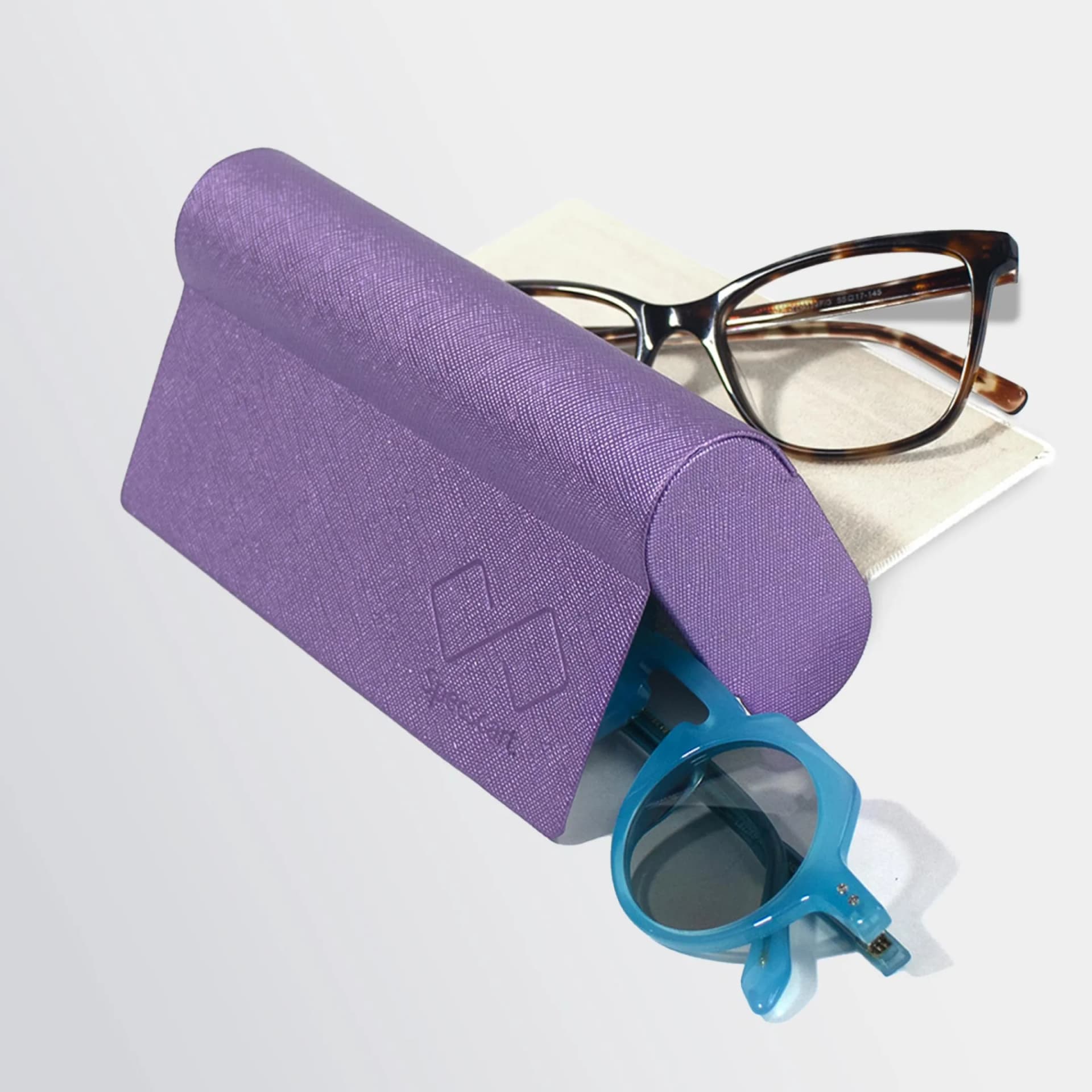What You Should Know About Bloodshot Eyes (Red Eyes)?

Content Manager
The term ‘bloodshot eyes’ is used to describe excessive eye redness. This mainly happens due to broken blood vessels in the eye. But there could be other reasons behind this problem as well. While most of the bloodshot eyes are benign, others are more serious and need medical attention, such as subconjunctival haemorrhage. If the redness appears along with pain and vision distortion, then the problem is definitely a bigger one. This article will throw some light on the causes of bloodshot eyes and their symptoms in greater detail, along with the treatment options.
Symptoms of Bloodshot or Red Eye
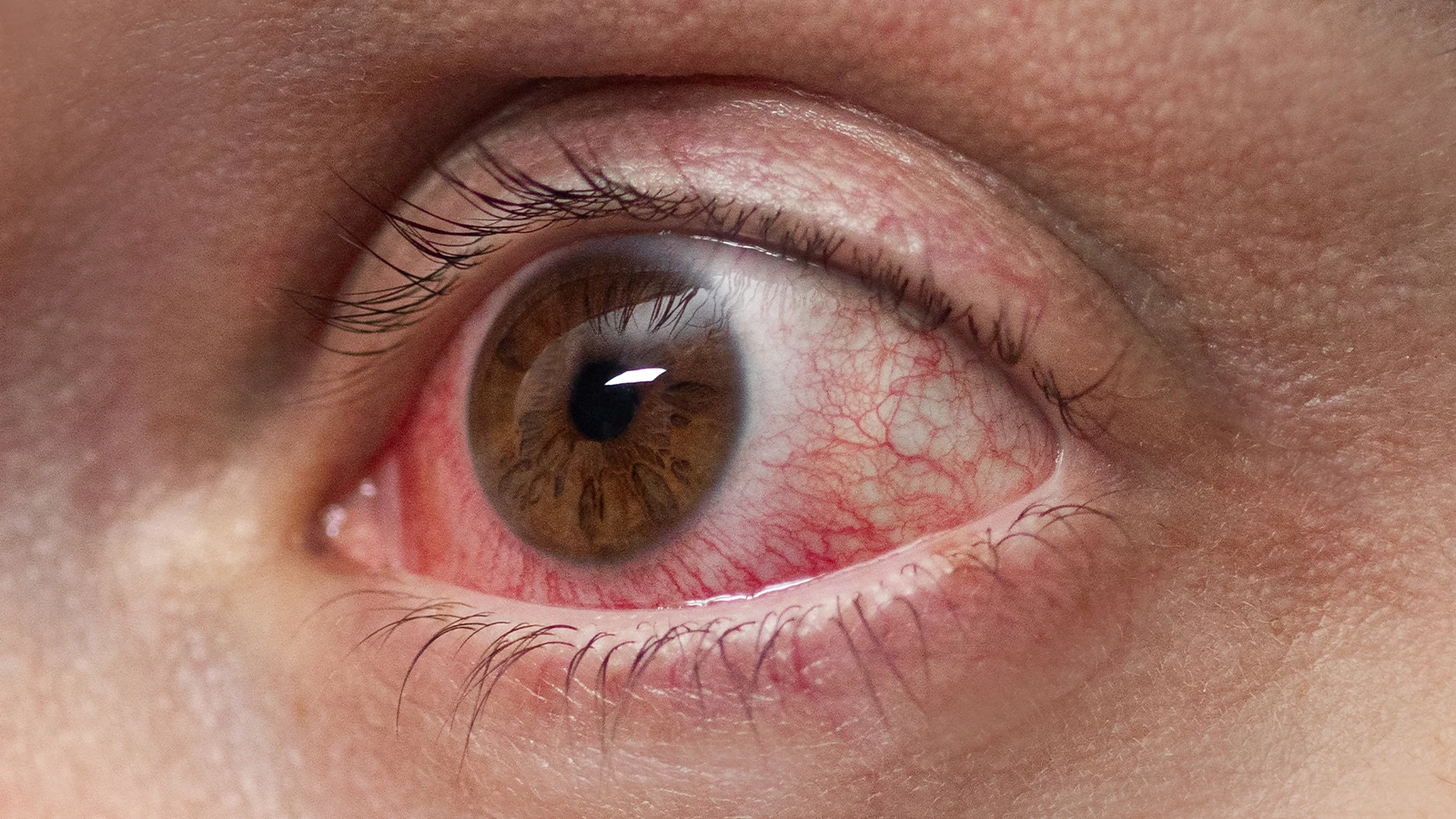
Your symptoms are solely based on the cause of your eye redness. Regardless, red eye’s symptoms generally include:
A bright red spot on the white part of your eye
Sticky eyes
Burning or gritty sensation
Sore or red eyelids
Feeling like something is in your eye
Lump on your eyelid
Constant itchiness in the eye
Causes of Bloodshot Eyes
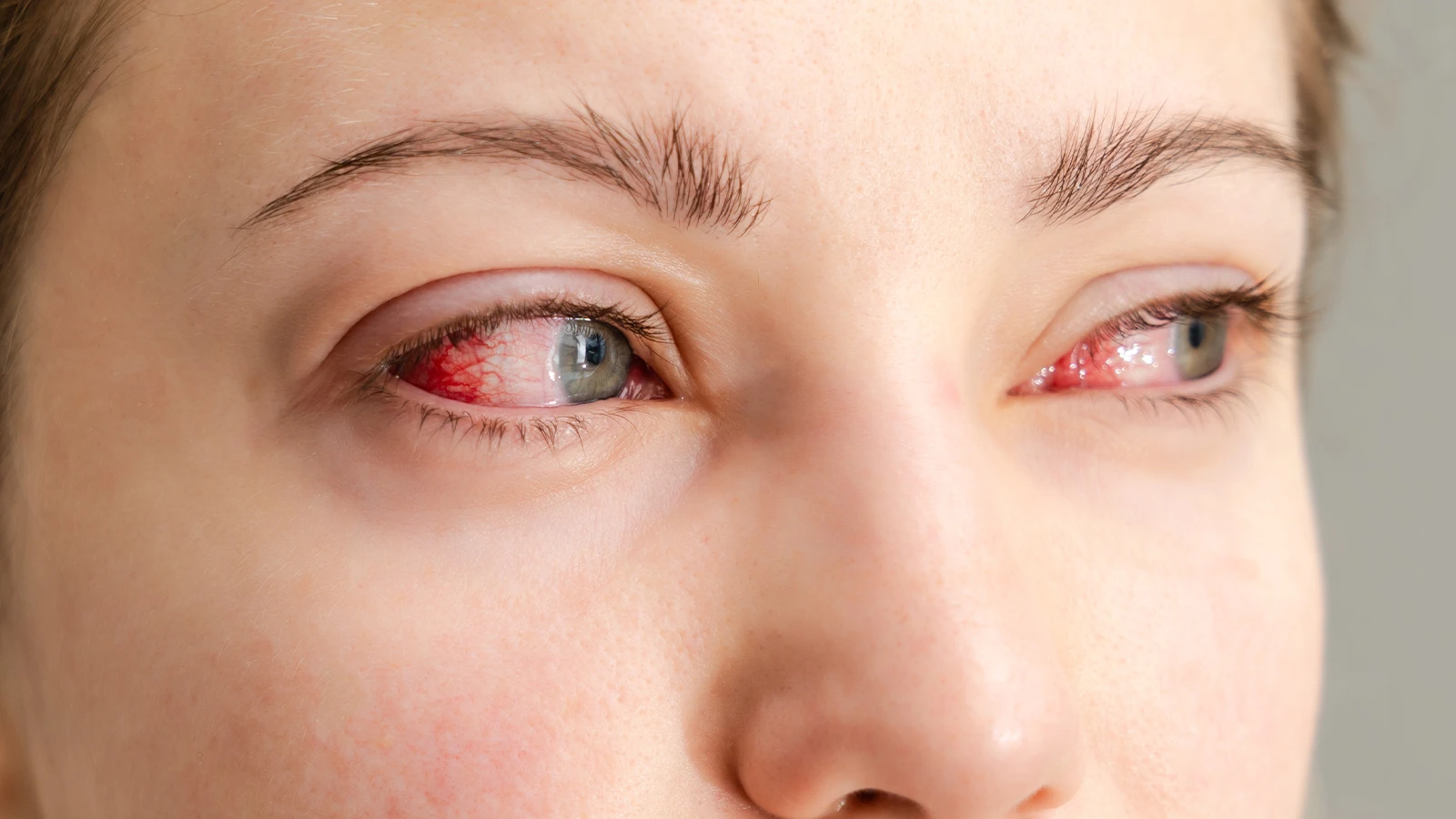
The most common causes of bloodshot eyes include inflammation or swelling of the blood vessels on the surface of the eyes. Some of the symptoms are mentioned below.
1. Eye infections
Eye infections can trigger reactions in different parts of the eye. These infections can target various structures of the eye and most commonly produce symptoms such as eye pain, discharge and vision disturbances.
The most common types of infections that cause bloodshot eyes are:
Inflammation of the eyelids is also known as blepharitis
Bacterial or viral infections, such as conjunctivitis
An open sore in your cornea called a corneal ulcer
Inflammation of the middle layer of the eye is known as uveitis
2. Allergies
Allergies are also one of the causes of bloodshot eyes. Allergy triggers include seeds and pollen from grass, and leave you with symptoms such as itchy eyes, burning sensation and watery eyes.
Allergic conjunctivitis can occur due to an irritant such as dust or animal dander. In addition to this, if a person wears contact lenses for too long, the ocular irritation might lead to conjunctivitis. If you have a bloodshot eye on one side, it’s more likely to have occurred due to infection than an allergy.
3. Dry eyes
Next up in the list of causes of bloodshot eyes is the dry eye problem. Certain prescription drugs, medical conditions or even pregnancy can cause dry eye syndrome. Dry eyes refer to a condition where your eyes are unable to produce adequate tears. Either the amount of tears produced is not enough, or their quality is too poor. Some symptoms of dry eyes include:
A gritty feeling in the eye
Pain and apparent redness of the conjunctiva
Excessive tears
Blurry vision
Eye fatigue
Eye discharge
Heavy eyelids
Not being able to produce tears
4. Broken blood vessels & other causes
When the tiny and delicate blood vessels break inside your eyes, the blood gets trapped in the conjunctivae. This is why you get bloodshot eyes. It could happen due to a strong sneeze or excessive eye rubbing, or even vomiting. However, this problem usually comes with no pain and disappears on its own.
Other causes of bloodshot eyes are:
Eye trauma or severe ocular injury.
A rapid growth in eye pressure due to an underlying condition such as glaucoma.
Scratches and scrapes on the cornea due to excessive contact lens usage.
Inflammation of the white portion of the eye, known as scleritis.
Styes.
Methods for Red Eye Treatment
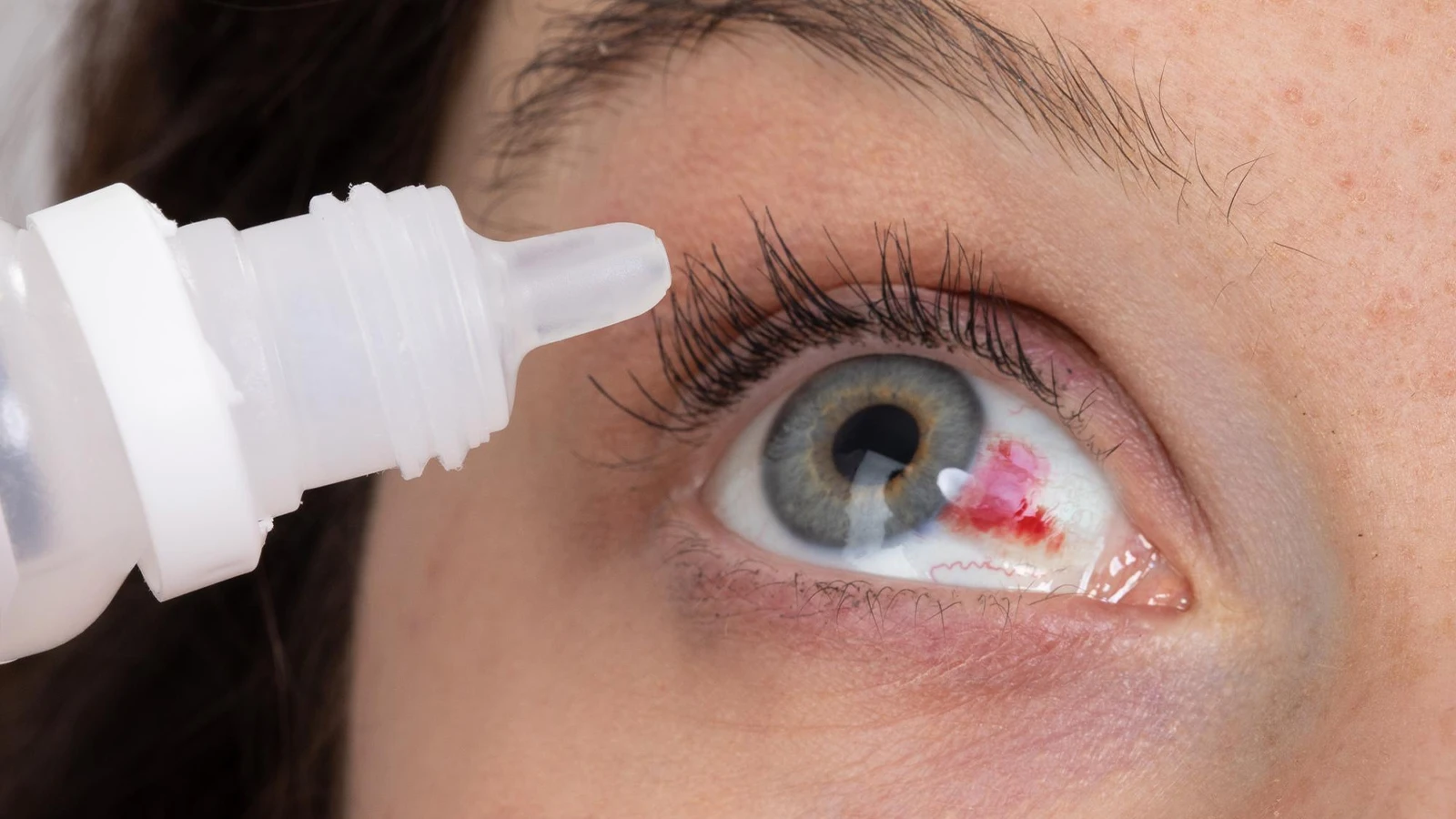
Red eyes shouldn’t be a big concern as long as they don’t last long or occur often. While you might find solace in redness-relieving eye drops, their overuse can lead to more damage than good. Here are some red-eye treatment methods your doctor will most probably use.
Eye drops: Use these drops as instructed by your doctor to get rid of red eyes quickly. Along with these drops, your doctor will also advise you to get proper sleep and drink plenty of water.
Oral medications: An ophthalmologist will recommend eye creams or oral medications as a part of your red-eye treatment. If there are severe issues such as conjunctivitis or blepharitis, using eye drops won’t be enough. In such a scenario, you’ll have to take medications to ease your bloodshot eyes.
When to Seek Immediate Help for Bloodshot Eyes?
Even though most of the red eye’s symptoms are mild, you should seek immediate medical help:
If your eye redness is due to a trauma or an injury.
If you experience a sudden change in your vision.
If you’re seeing halos around lights.
If you experience nausea and vomiting.
Precautions for Red Eyes
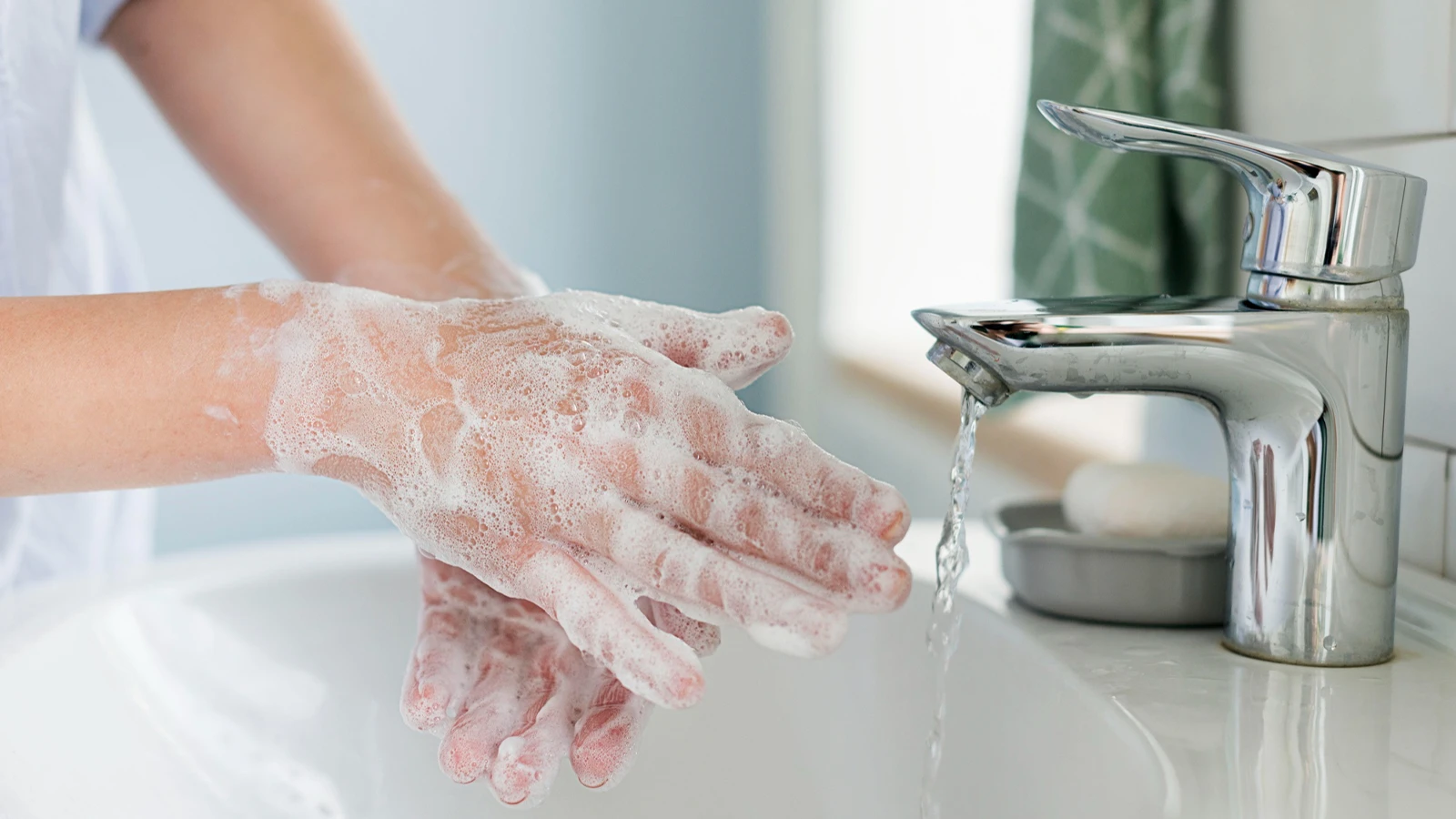
There’s no better way to get rid of bloodshot eyes than avoiding them in the first place. Follow the measures below to prevent your eyes from developing redness.
Wash your hands with soap or use sanitiser before touching your eyes.
Remove all your eye makeup before you go to sleep. The buildup of gunk from makeup can cause eye infections, too.
Do not use contact lenses for a longer period of time.
Avoid exposure to your allergy triggers.
Do not use tap water with contact lenses.
Concluding Thought
Your eyes can turn red for many reasons. While this problem goes away on its own most of the time, it could also be a symptom of a more severe problem lying underneath. Therefore, it’s important to take necessary precautions. If you are suffering from bloodshot eyes, you can consider a visit to your eye doctor for professional help.
Caution: You may become style obsessed
Your way finder
2000+ Trendy Styles

Fashion Forward Sunnies















































